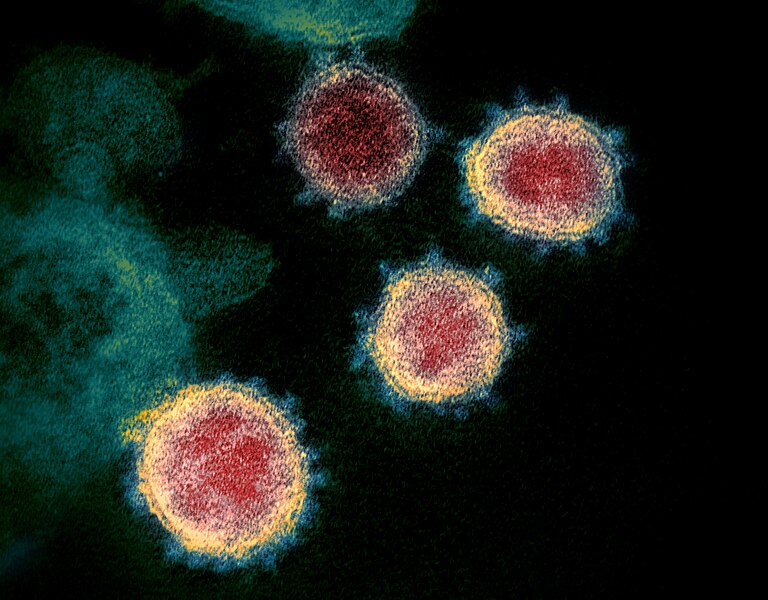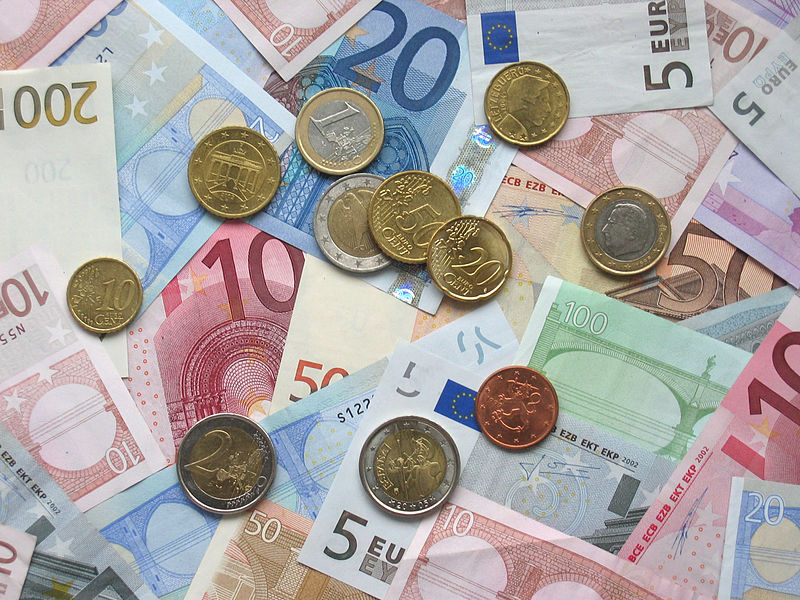 |
| Author NIAID Licence CC BY 2.0 |
Jane Lambert
The suspension of so much business activity to facilitate social distancing does not mean that intellectual property is no longer a priority. On the contrary, it is now more important than ever.
If we are ever to stop Covid-19 in its tracks it will be through the efforts of universities and biotech and pharmaceutical companies around the world whose research will have to be funded. Much of that funding will come from the private sector which will require legal protection for the revenue streams from which it will recoup such investment.
The businesses and institutions engaged in research in diagnostics, vaccines and cures will usually understand IP and have access to the best possible advice and representation but that will not necessarily apply to the many businesses, public health authorities and clinicians around the world who distribute those products. They need the best possible advice on patenting, licensing and technology transfer at affordable rates.
Also involved in the effort to stop the spread of the infection will be manufacturers and distributors of personal protective equipment, ventilators, respirators and various medical devices. It is there that there will be scope for small businesses and individuals to invent or design better products or components. They will need help in putting their ideas and inventions into production.
It will not be just inventors, product designers and engineers who will contribute to this effort. Software developers who will track the spread of infection and the deployment of resources. Artists and communicators will be needed to convey public health information to the public.
And when this emergency is over businesses will have to innovate and create as never before in order to restore our ravaged economy the planning for which has to start now.
Just at a time when entrepreneurs, inventors and others will require high-quality advice and representation more than ever, social distancing will make it more difficult to obtain. So this is what I as an experienced IP practitioner will do to help. Ever since the Public Access Scheme has been in operation I have set up and chaired inventors' clubs, run pro bono clinics in various parts of the UK and given talks at science parks, incubators, FabLabs, Business and IP Centres and other forums throughout the country. I was due to speak to the inventors, makers and designers of Porthmadog at Ffiws Maker Space on 1 April 2020. I had an IP clinic at Barnsley Business Village on 14 April 2020. I was planning a high-level seminar on Green Innovation at the Menai Science Park on 27 April 2020 as Wales's contribution to World IP Day.
Now I can no longer keep these appointments in person but there is nothing to stop me from doing so online and that is precisely what I shall do. Anybody who needs advice or assistance with an IP issue can contact me through my "Initial Advice and Signposting Form". I can advise on IP law generally and represent clients in negotiations and disputes but I do not prosecute patent, design or trade mark applications, specialize in tax or company law, develop products or arrange funding. However, I can probably direct clients to other experts such as patent or trade mark attorneys, commercial law firms, specialist accountants and product design consultants who can help with such issues.
I shall also be offering webinars to business owners, inventors, investors and indeed IP lawyers and attorneys for so long as social distancing has to continue.
Throughout this emergency the British and other intellectual property offices will remain open, most IP professionals will be working from home, the IPO and many courts will conduct hearings by phone or video link. We may not be so easy to meet but there should be no suspension or diminution in the quality of services.
Anyone wanting to discuss this article can message me through my contact page. If you want a chat I shall be glad to call you back by phone or Skype.

